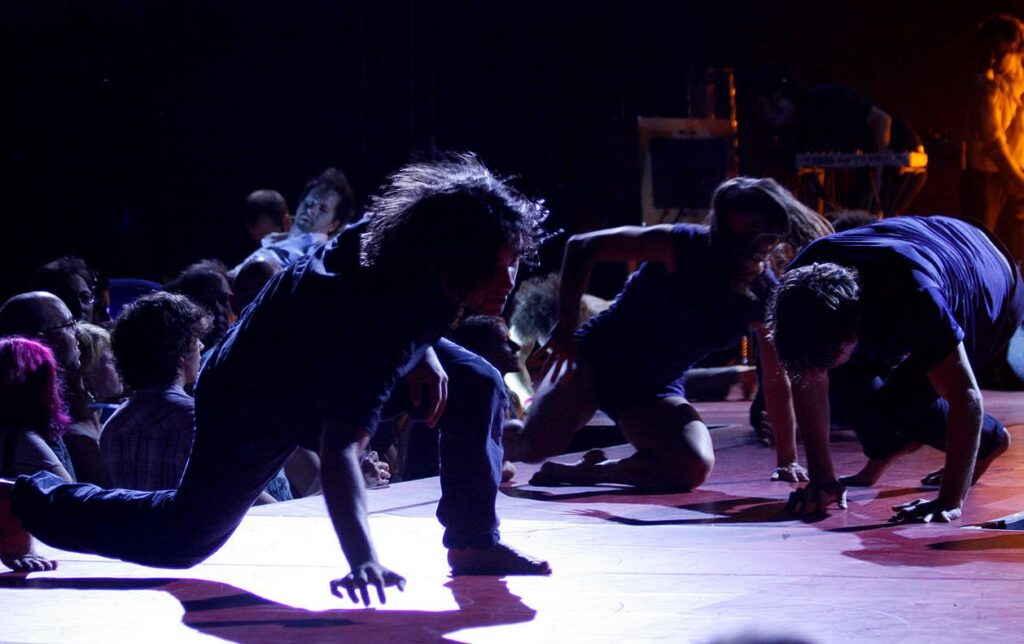Fewer neuroses in the dance scene than in music
According to a study by the Max Planck Institute for Empirical Aesthetics (MPIEA), people who are active dancers are less prone to neuroses than those who make music.

Both amateur and professional dancers are more compatible than the rest of the population and are characterized by a high degree of openness and extraversion. Previous studies have found that this also applies to musicians. However, the MPIEA team also found an interesting difference between the two groups: in contrast to musicians, dancers are not more neurotic, but - on the contrary - less neurotic than people who do not dance.
In cooperation with the director of a dance school in Freiburg and the dance director at the Pfalztheater Kaiserslautern, the MPIEA team analyzed data from 5435 people from Sweden and 574 people from Germany. The Big Five personality profiles openness, conscientiousness, extraversion, agreeableness and neuroticism were examined. The study results were recently published in the journal Personality and Individual Differences published.
Original article:
Christensen, J. F., Wesseldijk, L., Mosing, M., Fayn, K., Schmidt, E., Blattmann, M., Sancho-Escanero, L., & Ullén, F. (2024). The Dancer Personality: Comparing Dancers and Non-Dancers in Germany and Sweden. Personality and Individual Differences, 112603. https://doi.org/10.1016/j.paid.2024.112603








